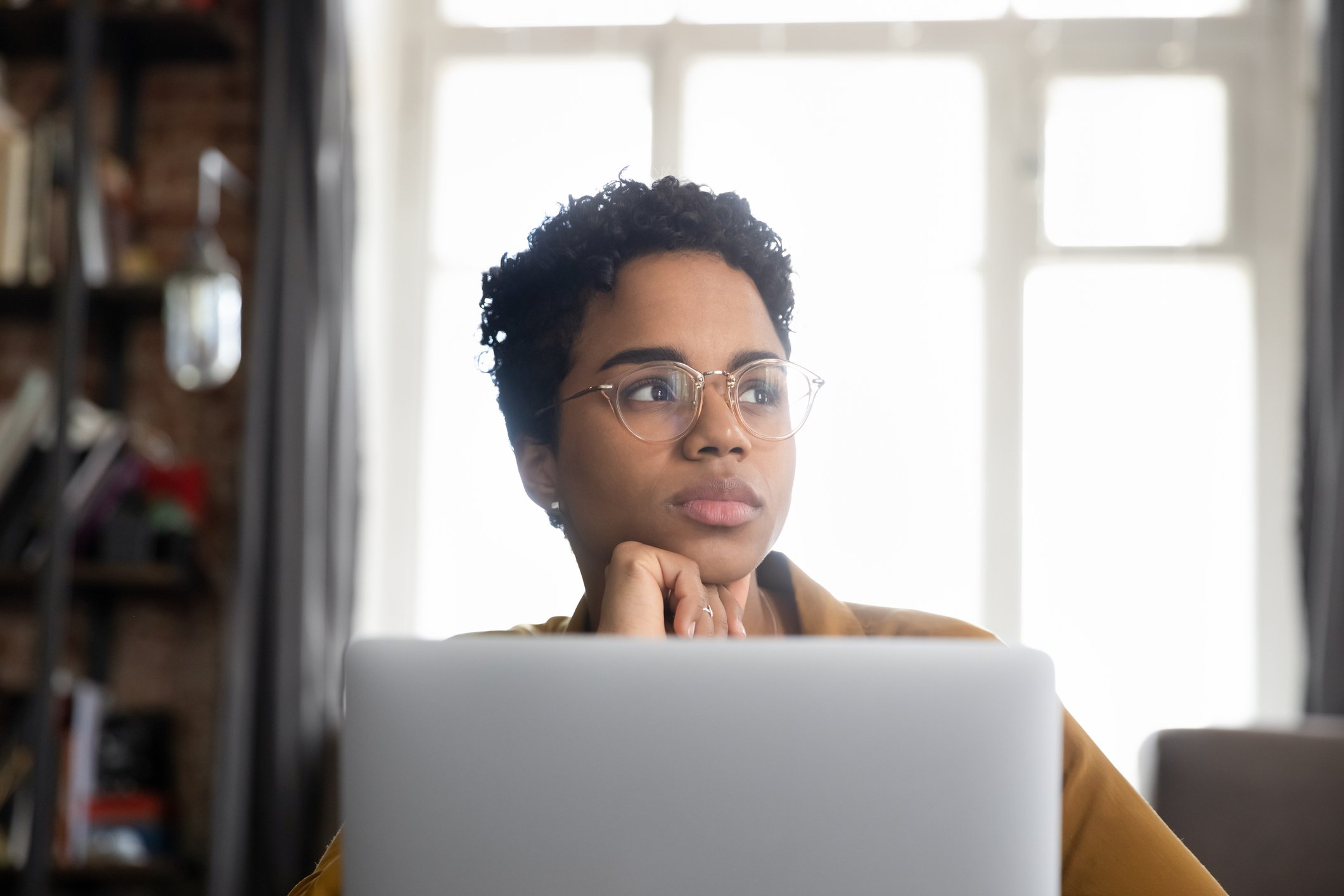Though it's natural to stress about money, in a survey last year, 85% of U.S. adults were found to be suffering from full-fledged financial anxiety, and a big reason boiled down to a general lack of savings. It's therefore somewhat encouraging to hear that for the first time in six years, Americans are finally feeling better about much they're saving. That's the latest from a Bankrate study released earlier this year.
But let's not celebrate just yet, because while U.S. adults do seem more content with their level of savings, they don't actually seem to be saving more. Though working Americans are generally advised to set aside a minimum of 10%, and, more ideally, 15% to 20%, of their earnings, almost half of Americans are currently saving just 5% of their income or less, while 19% are saving nothing at all. And while those folks might finally feel better about their finances, in reality, they shouldn't get too comfortable.

IMAGE SOURCE: GETTY IMAGES.
Why we're falling behind on savings
While 38% of Americans aren't saving because their expenses don't allow for it, a good 16% claim they just haven't gotten around to it. But while neither is a particularly good excuse, the latter is certainly easy enough to remedy.
If you're lacking an emergency fund, the best thing to do is set up an automatic transfer from your checking account to your savings account so that a certain portion of your paycheck lands there each pay period. Doing this will benefit you in two ways. First, it'll take brainwork out of the equation, so you won't have to remember to set aside that money yourself. Secondly, it'll eliminate the urge to spend that cash, since the money will filter into your savings account before you get a chance to realize it's there.
Meanwhile, if you're doing OK on emergency savings but have yet to start working on your nest egg, the simplest fix is to sign up for your employer's 401(k) plan. As is the case with an automatic transfer, you'll have money go directly into your retirement account each pay period so that you never get a chance to touch it in the first place.

IMAGE SOURCE: GETTY IMAGES.
Of course, if your reason for not saving stems more so from a lack of money than simply not getting around to it, then you may need to make more of an effort. You can start by cutting back on living expenses and seeing how much cash that frees up. A single small change, like lowering your cable package and knocking $10 off its cost each month, won't have a huge impact, but if you make several low-key changes, each of which puts a small amount of cash back in your pocket, that extra money will eventually add up. A different approach is to choose one major expense you're currently facing, and cut it significantly. Downsizing to a smaller apartment might take some getting used to, but if it frees up an extra $300 a month for savings, it's a worthwhile sacrifice.
Another option is to maintain your current level of spending, but earn more money. Since most of us can't go into work and demand a raise overnight, a more realistic strategy is to take on some sort of side hustle. These days, 44 million Americans are holding down a second job to generate extra cash, and of those who are, more than one-third are bringing home upward of $500 a month as a result. If you can't cut your living expenses, or simply don't want to go that route, a side gig could be the ideal solution.
Be realistic about your finances
If you're behind on savings, lying awake at night worrying about it certainly won't do you any good. But don't just decide that you're OK with your financial situation and leave things at that, either. Without emergency savings, you risk racking up major credit card debt, or other such serious consequences, the moment an unplanned expense lands in your lap. And without retirement savings, you might struggle to pay even your basic bills, as so many seniors currently do.
Building a respectable level of savings will likely take time, and a fair amount of effort. But the sooner you get started, the better protected you'll be -- and that's something to feel good about.





